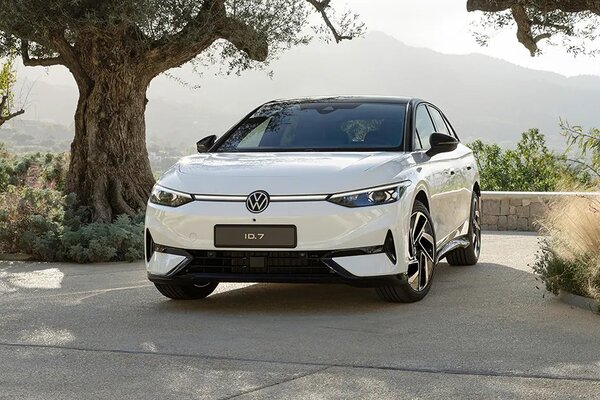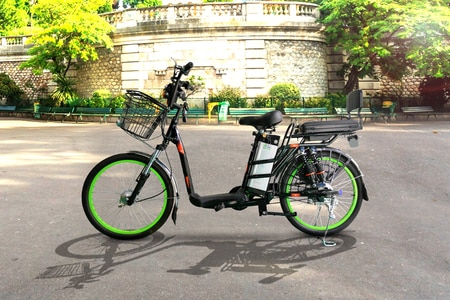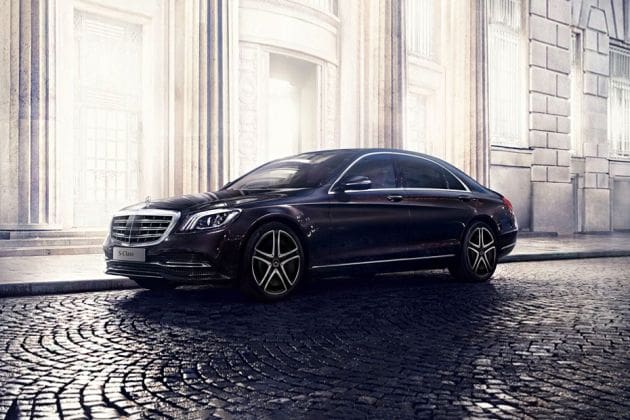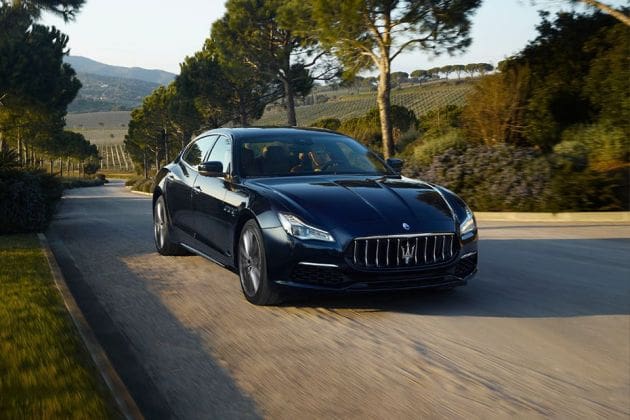India may soon see new vehicle emission standards because of EU. Here’s why
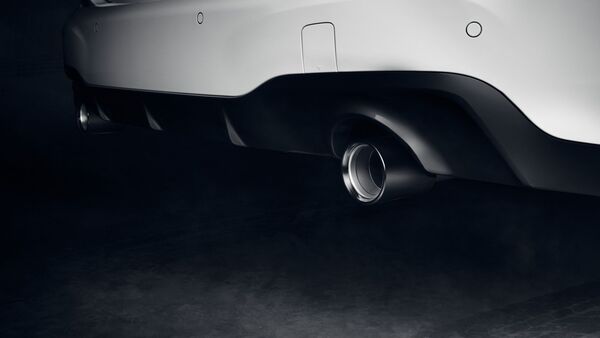

The Council of the European Union has officially approved the contentious Euro 7 emissions regulations, marking the final step in a protracted process. The rules, which received the agreement of the European Parliament, are now set for final sign-off in the coming weeks.
After approval by the Presidents of the European Parliament and Council and publication in the Official Journal of the EU, the rules will become 'operational' within 20 days, with timelines set for their real-world implementation.
Also check these Vehicles
India, currently in its BS6 stage, is gearing up for BS7 (Bharat Stage 7), inspired by Europe's Euro 7 standards. Euro 7 aims to limit pollutant emissions from the next generation of combustion engine-powered vehicles in the EU, but recent developments in Europe have impacted these standards
Last year, Union road transport minister Nitin Gadkari urged the Indian automotive industry to start preparing for the next generation of emission norms, i.e., BS7. "You should start at your own level to carry out research for manufacturing of BS7 vehicles," he said to the industry players.
Also Read : India might revise upcoming vehicle emission norms? Here’s why
What are Euro 7 emission standards?
Euro 7, based on the 2022 proposal by the EU Commission, introduces regulations to reduce emissions from new vehicles in Europe, targeting both tailpipe and brake emissions. The legislation also establishes minimum battery life requirements for electric and plug-in hybrid cars.
For cars and vans, the regulation maintains the existing Euro 6 exhaust emission limits but introduces stricter requirements for solid particles. These new standards will apply to new vehicle types within 30 months and to new cars themselves within 42 months. There is also a 30-month deadline for the installation of new systems, components, or technical units on passenger cars and vans, and a 48-month deadline for buses, trucks, and trailers.
Euro 7 imposes more stringent limits on various pollutants, including nitrous oxide (N2O), for heavy-duty buses and trucks. New types of these vehicles have 48 months to comply, while new buses and lorries themselves have 60 months.
The EU Council's approval of Euro 7 follows protests from car manufacturers and some European countries, leading to a reduction in the emissions standards. This adjustment was deemed necessary to prevent the standards from disproportionately affecting affordable, petrol-powered city cars.
In March, the European Parliament approved revised Euro 7 emissions regulations, which are less stringent than the original 2022 proposal. These regulations will be implemented for cars in 2030, five years later than initially planned. This decision was made in response to concerns raised by car manufacturers. They argued that stricter emissions rules from 2025 would shift their focus away from developing electric cars to meet Europe's 2035 ban on new petrol and diesel car sales.
Car manufacturers contended that the original Euro 7 proposal would have required additional anti-pollution equipment, driving up car prices and making it difficult to sell petrol-powered city cars at competitive prices while still making a profit.
The proposal also faced opposition from EU member countries such as Spain and Italy, which are less advanced in transitioning to electric cars.







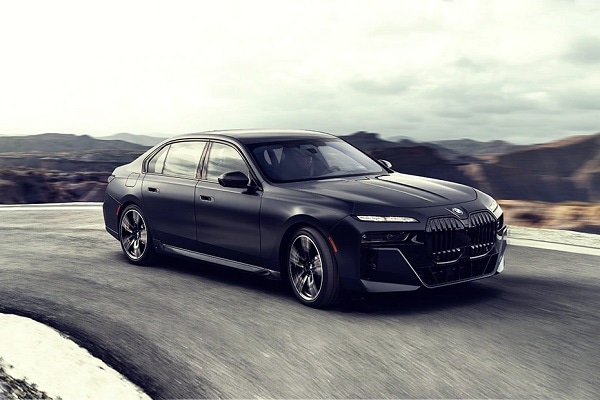
 2998 cc
2998 cc Multiple
Multiple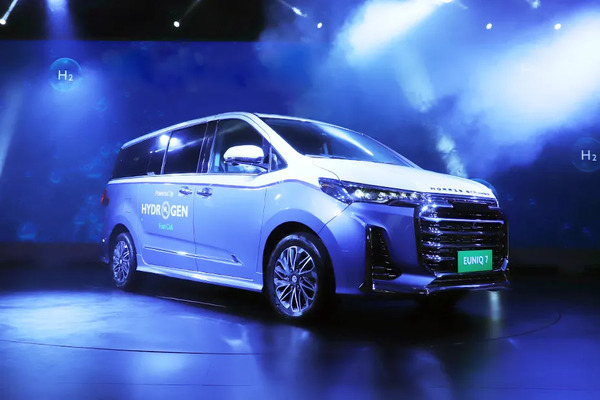
 58?84 kWh
58?84 kWh 605 km
605 km